Psychological Factors Affecting Sexual Health
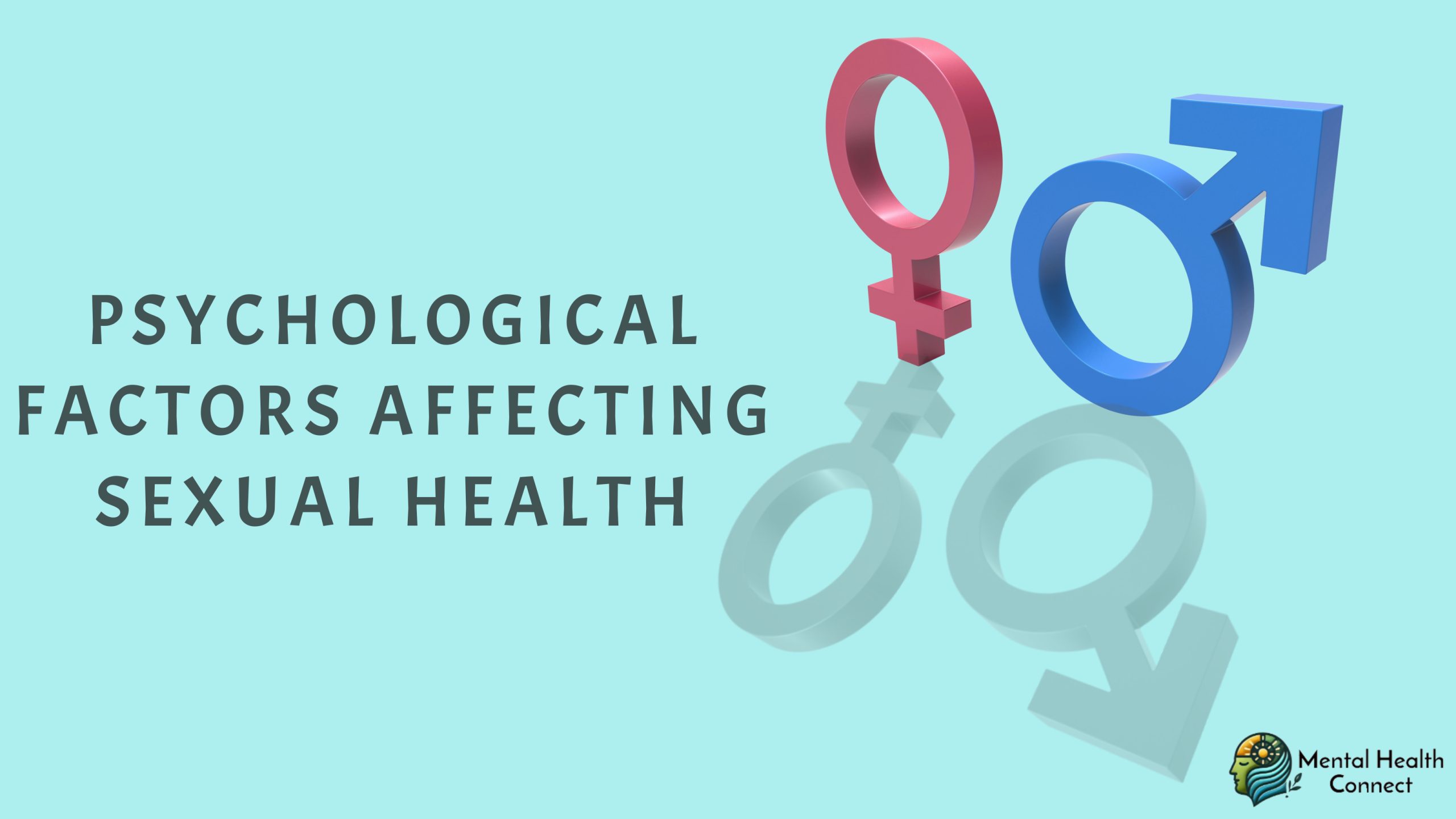
Sexual health is a fundamental aspect of overall well-being, yet it is often influenced by various psychological factors. From stress and anxiety to self-esteem and past trauma, the mind plays a critical role in shaping one’s sexual experiences and satisfaction. Understanding these psychological influences can help individuals and couples navigate challenges, improve intimacy, and enhance their overall quality of life. In this article, we explore the key psychological factors affecting sexual health, why they matter, and actionable steps to foster a healthier and more satisfying sexual life.
What is Sexual Health?
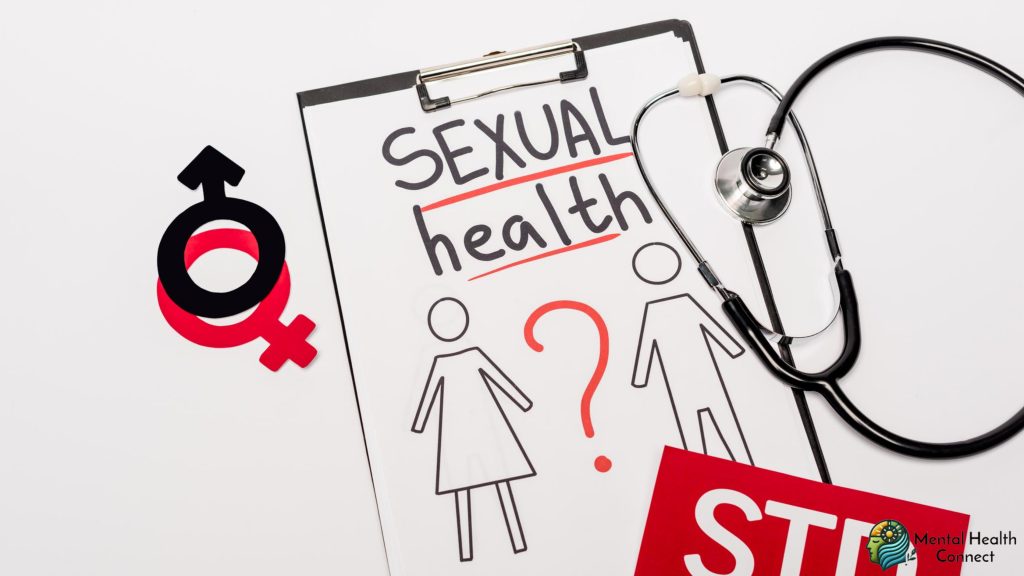
Sexual health refers to a state of physical, emotional, mental, and social well-being related to sexuality. It is not merely the absence of disease or dysfunction but encompasses positive and respectful sexual experiences free from coercion, discrimination, and violence. Psychological factors significantly impact sexual health by shaping desire, arousal, satisfaction, and overall well-being.
Key Aspects of Sexual Health:
- Physical Health: Hormonal balance, reproductive health, and absence of sexually transmitted infections (STIs)
- Emotional and Psychological Well-being: Confidence, self-esteem, and mental health
- Social and Cultural Factors: Relationship dynamics, societal norms, and personal beliefs
- Communication and Consent: Open discussions with partners and mutual respect
Why is Sexual Health Important?
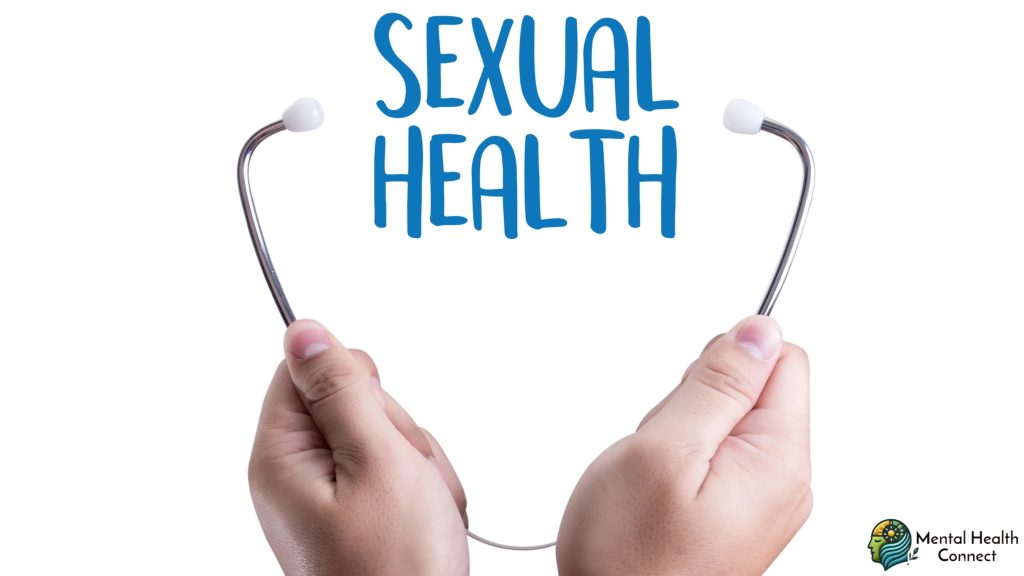
Sexual health contributes significantly to an individual’s overall quality of life, emotional stability, and relationship satisfaction. It impacts self-esteem, mental health, and even physical well-being. Understanding the psychological aspects influencing sexual health can help prevent dysfunctions and promote a fulfilling intimate life.
Key Benefits of Good Sexual Health:
- Enhances emotional bonding and relationship satisfaction
- Improves self-esteem and body confidence
- Reduces stress and anxiety
- Boosts physical health by improving cardiovascular function
- Encourages open communication in relationships
Psychological Factors Affecting Sexual Health

Several psychological factors can influence sexual health, either positively or negatively. These include:
1. Stress and Anxiety
- Chronic stress leads to hormonal imbalances, affecting libido and performance.
- Anxiety, especially performance anxiety, can cause erectile dysfunction and reduced sexual desire.
- Mindfulness, relaxation techniques, and therapy can help mitigate stress-related sexual dysfunction.
2. Depression and Mood Disorders
- Depression lowers libido and affects sexual satisfaction.
- Medications like SSRIs (Selective Serotonin Reuptake Inhibitors) can impact arousal and orgasm.
- Therapy, lifestyle changes, and alternative treatments can help improve sexual health in individuals with depression.
3. Self-Esteem and Body Image Issues
- Negative self-perception leads to reduced confidence in intimate situations.
- Social media and unrealistic beauty standards exacerbate body image concerns.
- Practicing self-love, positive affirmations, and professional counseling can enhance self-esteem and sexual confidence.
4. Past Trauma and PTSD
- Sexual abuse, assault, or negative past experiences can lead to sexual dysfunction and avoidance behaviors.
- Trauma-informed therapy and support groups play a crucial role in recovery.
- Partners should practice patience, empathy, and open communication.
5. Relationship Issues and Communication Barriers
- Poor communication leads to misunderstandings, dissatisfaction, and reduced intimacy.
- Trust issues, unresolved conflicts, and emotional disconnect affect sexual health.
- Couples therapy and open discussions help improve relationship dynamics.
6. Cultural and Religious Beliefs
- Cultural taboos and restrictive beliefs can lead to guilt, shame, and suppressed sexual desires.
- Education and open dialogue can help balance personal beliefs with a healthy sexual life.
How to Improve Sexual Health?
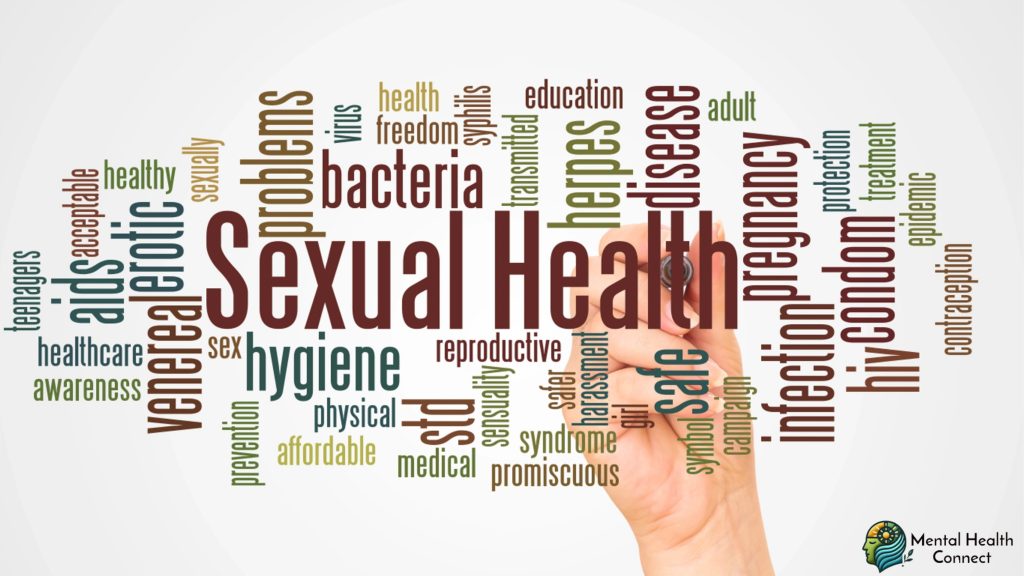
Addressing psychological barriers and adopting healthy practices can enhance sexual well-being. Here are actionable steps:
1. Practice Mindfulness and Stress Management
- Meditation, yoga, and deep breathing exercises can improve sexual response.
- Engaging in hobbies and leisure activities reduces stress levels.
2. Seek Professional Help
- Therapy (CBT, sex therapy, trauma counseling) can address underlying psychological issues.
- Medical consultation for hormonal imbalances or medication-induced sexual dysfunction.
3. Improve Relationship Communication
- Practice active listening and express needs openly.
- Use “I” statements to discuss concerns without blame.
- Engage in intimacy-building activities outside of sex.
4. Address Body Image Issues
- Shift focus from perceived flaws to body functionality.
- Avoid unrealistic comparisons and embrace self-acceptance.
5. Educate Yourself and Break Stigmas
- Read reputable sources on sexual health and psychology.
- Engage in discussions that promote healthy sexual awareness.
Common Mistakes & How to Avoid Them
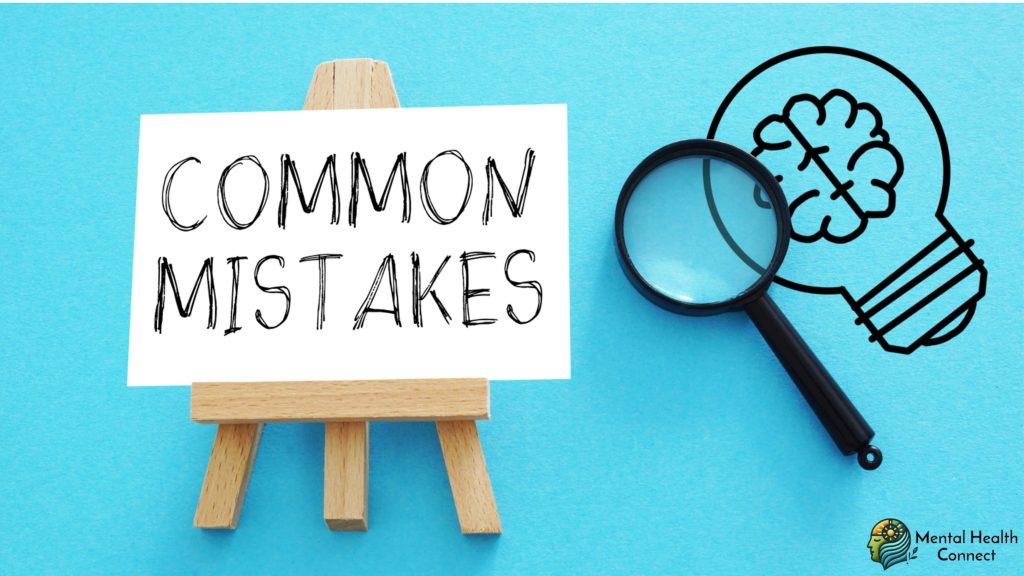
Many people unknowingly engage in behaviors that negatively impact their sexual health. Here’s what to avoid:
1. Ignoring Psychological Well-being
- Mental health disorders are often overlooked in sexual health discussions. Seeking help can make a significant difference.
2. Poor Communication in Relationships
- Silence on sexual concerns can create distance between partners. Open and honest conversations foster better intimacy.
3. Relying Solely on Medication
- While medications like Viagra help, they do not address underlying psychological issues. Therapy and holistic approaches should be considered.
4. Unrealistic Expectations from Pornography
- Media often depicts unrealistic sexual experiences, leading to dissatisfaction in real-life intimacy. Understanding the difference is crucial.
Future Trends & Predictions in Sexual Health Psychology
With evolving scientific research and societal changes, the future of sexual health will witness several advancements:
- AI and Mental Health: AI-driven therapy and sexual wellness apps will become more prevalent.
- Virtual Reality (VR) Therapy: Used for trauma healing and addressing sexual dysfunctions.
- Greater Emphasis on Sex Education: Schools and online platforms will incorporate psychological aspects of sexual health in curricula.
- Destigmatization of Sexual Therapy: Increased awareness will normalize seeking professional help.
FAQs on Psychological Factors Affecting Sexual Health
1. How does anxiety affect sexual performance?
Anxiety increases stress hormones, which can lead to reduced libido, erectile dysfunction, and difficulty reaching orgasm.
2. Can therapy improve my sexual health?
Yes, therapy, including cognitive-behavioral therapy (CBT) and sex therapy, can help address psychological barriers affecting sexual well-being.
3. Does low self-esteem impact sexual satisfaction?
Yes, low self-esteem can reduce confidence, causing dissatisfaction and avoidance of intimacy.
4. How do past traumas influence sexual health?
Past traumas can lead to fear, avoidance behaviors, and sexual dysfunction. Therapy and a supportive partner can aid healing.
5. Can mindfulness improve sexual health?
Yes, mindfulness techniques can enhance arousal, reduce stress, and improve overall intimacy experiences.
-
 The Hidden Link Between Porn and Anxiety DisordersApril 11, 2025
The Hidden Link Between Porn and Anxiety DisordersApril 11, 2025 -
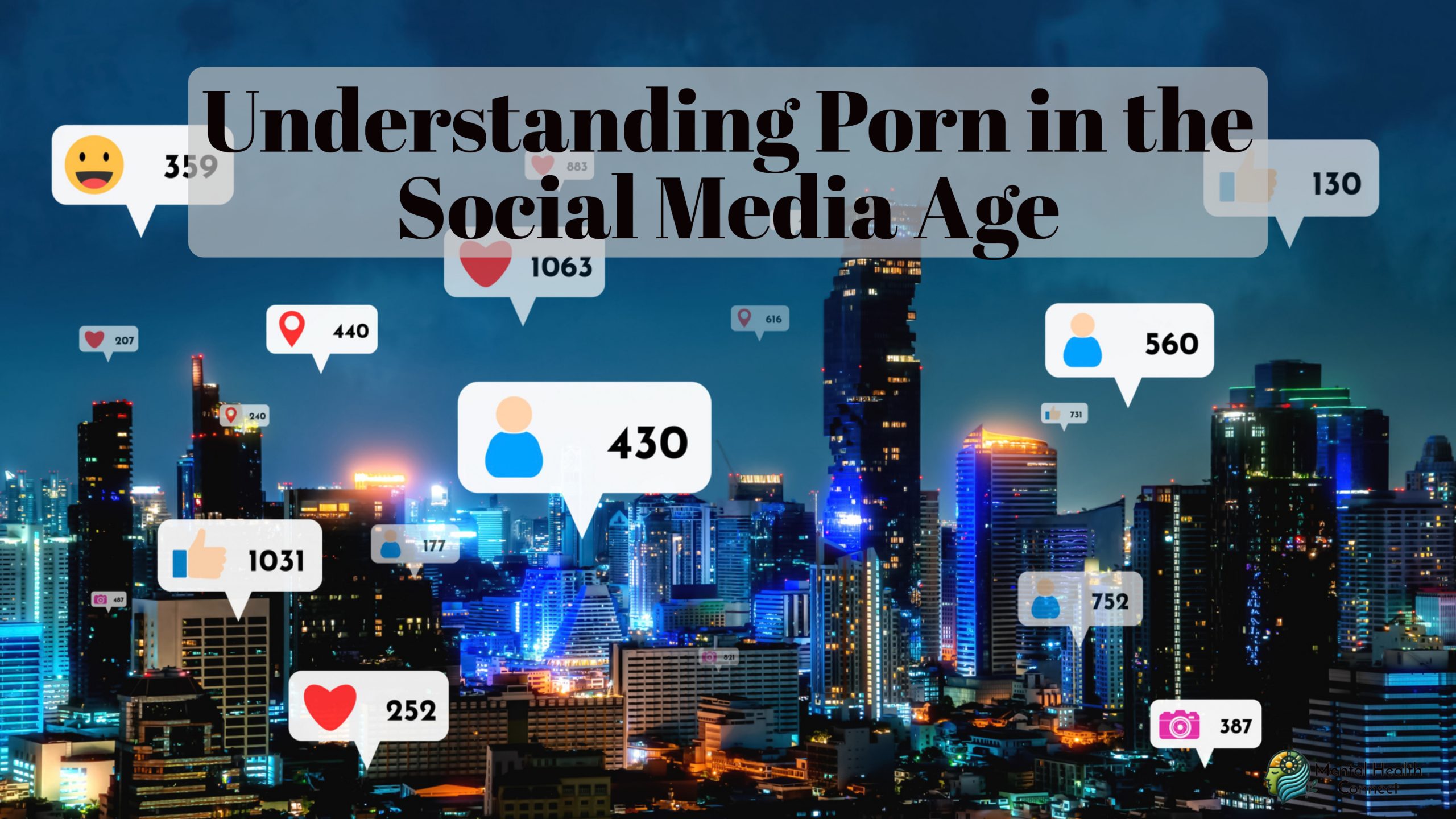 Digital Desire: Understanding Porn in the Social Media AgeApril 11, 2025
Digital Desire: Understanding Porn in the Social Media AgeApril 11, 2025

Leave a Reply